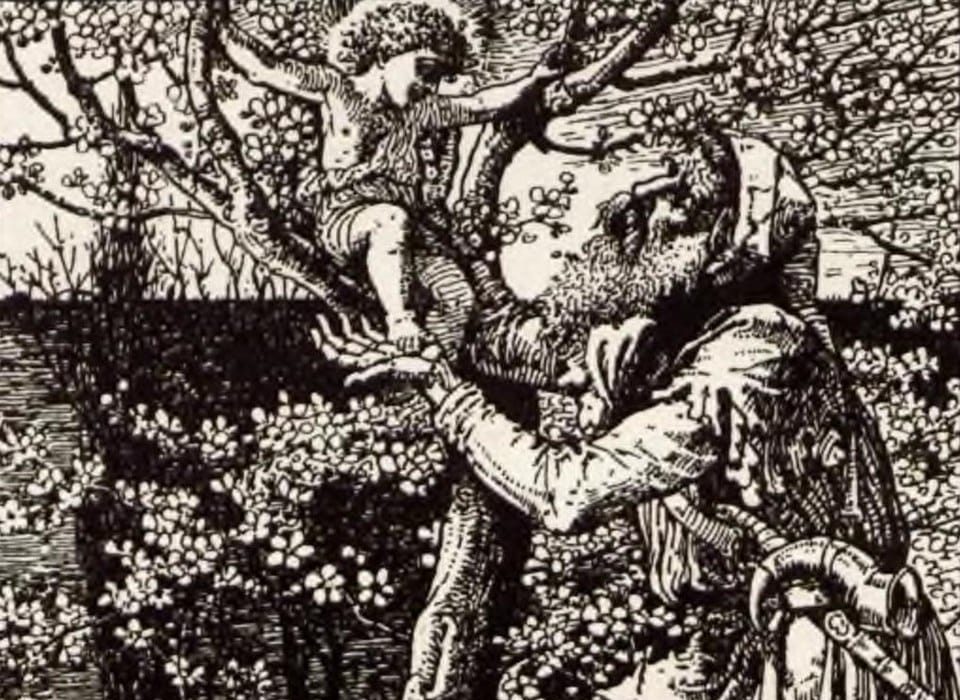In modern times, censorship for satirical lampooning is still in existence, from politicians to moguls and oligarchs. This was still the case in the 1700s, when playwrights were looking to put verbal and visual daggers into powerful leaders they did not agree with or leaders they found hypocritical. Those leaders did not respond with the same kind of tongue-in-cheek humor. Thus, the Theatrical Licensing Act of 1737 came into play to silence these irritating voices.
Background of the Licensing Act
In a previous post, we discussed Henry Fielding, who was an accomplished playwright and satirist who was known for plays such as The Author’s Farce, which critiqued the commercialization of writing and theatrical conventions.
He also wrote Shamela, which had poked fun at the Samuel Richardson book Pamela. His wit knew no bounds, so he wrote about literature all around him that he found worthy of poking fun at to make a point.
Moreover, he also wrote highly satirical plays such as The Historical Register for the Year 1736 and Eurydice Hiss’d that took to task the politicians of his era
While Fielding’s work wasn’t solely responsible for the Theatrical Licensing Act of 1737, it was plays and ideas such as those mentioned that caused the upper crust to sour. Their thin skins in the face of luminary playwrights showed through.
The Licensing Act in Theory and Practice
Sir Robert Walpole, prime minister of England, enacted the licensing act to begin with. His decision to do so was due to the high level of jabs the theater was taking at the political realm. Especially during the tumultuous political climate of 1700s.
As the Woodson Research Center states, “… the law allowed for the censorship of any piece of work deemed inappropriate for the London stage and provided the means for the suppression of satire directed towards the king or other government officials,” (Woodson). As can be said, it was a blanket act to keep criticism from reaching its way to the political elite. The Woodson Research Center further points out that this all but killed the momentum of the theater culture.
Ramifications of the Theatrical Licensing Act
The licensing act left only two theaters in London open for the public. Both Drury Lane and Covent Garden remained open, which meant that there were fewer places for the public to watch plays. Therefore, playwrights could make less of a mark on culture. They could also take fewer jabs at the elite. Of course, this caused many issues with employment in theatres. It also caused employment for writers and the free exchange of ideas. Whereas once there was a lively satirical environment (creative as well), there was now none of that. The arts in the theatrical discipline lay fallow.
Conclusion
While the licensing act eventually fell out of favor, it did have its benefits. For one, the act pushed playwrights into novel writing, which was not a popular discipline at the time. Plays earned money and novels did not. By the time the atmosphere had shifted and theaters were back in business, most writers were writing novels instead of plays.
Works Cited
https://exhibits.library.rice.edu/exhibits/show/axson/henryfielding/licensingact





Leave a comment